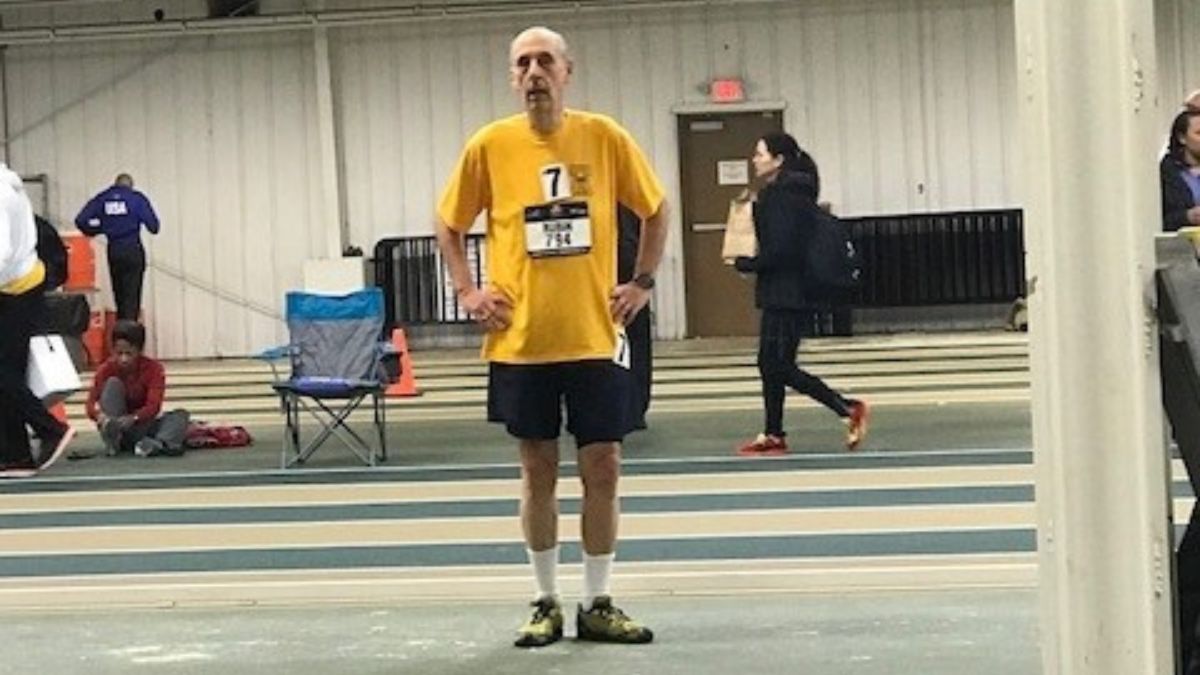Rebounding from male breast cancer: Bruce Rubin gets back in the game
How basketball and fitness powered Bruce Rubin's recovery from male breast cancer treatment
- 02/03/25

In 2023, Pennsylvania resident Bruce Rubin was living an active life, playing basketball regularly.
During a routine Friday night game, he collided with two younger players and left the court with some back pain. By Sunday, the discomfort hadn’t subsided, prompting him to visit an emergency room in the local hospital. While waiting to be seen, he brushed against his chest and felt a lump in his right breast. Concerned, he asked the intern about it: “And he says, ‘I can't help you, but here's a card of somebody who might be able to help."
That moment resulted in an appointment with a surgeon and, at 81 years old, a diagnosis of stage 3B breast cancer. On August 2, 2023, Bruce underwent surgery to remove his right breast and four lymph nodes. His active lifestyle proved beneficial in recovery. “Based on my condition and the fact that I walk every day after every meal, I was walking down the hospital halls and the nurse said, ‘Could you slow down?’” Bruce says. “I said, ‘No, that’s the way I walk.’” He was discharged after just one night.
Bruce was no stranger to breast cancer’s impact. His late wife and his mother both died of breast cancer, and he felt very familiar with the emotional and physical toll it could take. At the same time, as a father of an adult son, a teammate, and a businessperson, he focused on staying active and engaged in the lives of those closest to him.
Choosing his own path in treatment
Post-surgery, Bruce was offered a standard treatment plan including chemotherapy, radiation, and medications. However, he wasn’t comfortable with chemotherapy. “The effects — it was like the cure was worse than the disease,” he explains. Bruce carefully analyzed his options, drawing on his experience as a consultant in supply chain, product development, and logistics. He sought a second opinion with another doctor, who recommended 20 radiation treatments and one medication, tamoxifen.
Bruce decided to switch to this second doctor for his treatment, choosing to forgo chemotherapy despite its potential to extend his life. “Being past 75, I don't need to put my body through something that might do more harm than good,” he says. “So far, I’m cancer-free and just taking one medication, but that may not be the right thing for everybody.”
Another option included adding a second medication to increase his chance of remaining cancer-free by 3%, but the cost ranged from $200 to $300 per month. “To me, that wasn’t a good return on my investment,” he explains. After completing 20 radiation treatments, Bruce resumed his active lifestyle. “After my last radiation on Tuesday, I was back playing basketball on Wednesday night and got a standing ovation from my teammates."
I just wanted to get back into the routine of being alive.
Commitment to fitness
For Bruce, basketball is more than a pastime. He regularly plays with local teams and competes in the National Senior Games as part of a three-on-three basketball team. “The original three team members have been playing together since 2008,” he says. “I’m the youngest of the group at 81.”
Bruce’s fitness routine includes riding a stationary bike every other day for 35 minutes. “I used to ride it every day, but a physical therapist told me you need to give your body a day of rest,” he says. After each meal, he takes a 15 to 20-minute walk—a practice inspired by an article he read on the powerful benefits of a post-meal walk. His daily fitness commitments are non-negotiable. “You’ve got to be committed,” he says. If it’s 8:30 p.m., and he hasn’t ridden his bike yet, he will not rest until he’s completed his workout.
Reclaiming life through connection
Bruce has never felt stigma or shame about being a man with breast cancer. Instead, he focuses on his passions and the aspects of his life that bring him joy. In his social and professional circles, he’s known more for his basketball and business skills than for his diagnosis. “If it’s a business meeting or a sporting event, that’s not what you’re there to talk about,” he says. To him, a business meeting or a sporting event is about shared experiences and goals, not his medical history.
When the moment calls for it, Bruce shares his story with purpose. Fitness, he believes, played a critical role in his recovery, providing both structure and connection. As he puts it, returning to basketball and daily activities helped him re-engage with the world. “I just wanted to get back into the routine of being alive,” he reflects.
Looking ahead
Bruce’s team recently qualified in Delaware for the National Senior Games, and he looks forward to competing in Iowa next summer. The senior games inspire him, especially seeing athletes far older than himself. “I saw a 102-year-old man compete in the discus event,” he says. “It went all of 10 feet, but the man was 102 and could do it properly. That motivates me to keep doing what I’m doing.”
Bruce’s favorite saying is by George Bernard Shaw: “We don’t stop playing when we grow old; we grow old when we stop playing.” His plans are to keep moving, keep doing, and keep playing basketball for as long as he can.
DISCLAIMER:
The views and opinions of our bloggers represent the views and opinions of the bloggers alone and not those of Living Beyond Breast Cancer. Also understand that Living Beyond Breast Cancer does not medically review any information or content contained on, or distributed through, its blog and therefore does not endorse the accuracy or reliability of any such information or content. Through our blog, we merely seek to give individuals creative freedom to tell their stories. It is not a substitute for professional counseling or medical advice.
Stay connected
Sign up to receive emotional support, medical insight, personal stories, and more, delivered to your inbox weekly.
